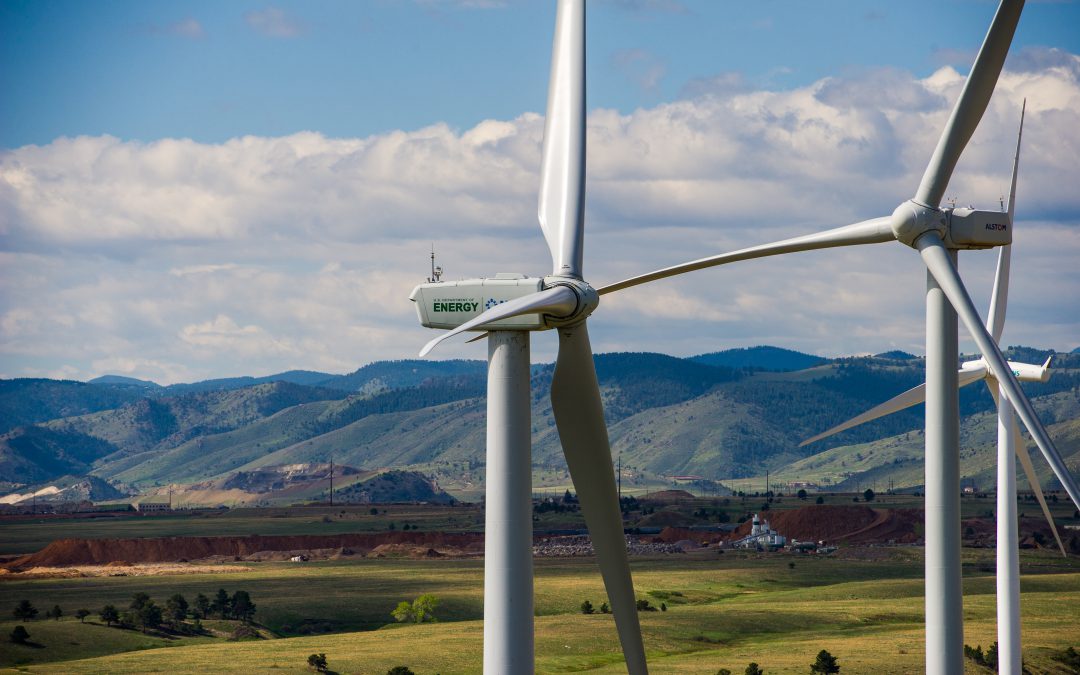WASHINGTON, D.C. — As part of President Biden’s Investing in America, the U.S. Department of Energy (DOE) today announced up to $22 million to improve planning, siting, and permitting processes for large-scale renewable energy facilities. Six state-based projects will receive $10 million through the Renewable Energy Siting through Technical Engagement and Planning (R-STEP) program to develop and expand statewide initiatives that provide expertise, trainings, and technical resources to local governments and communities as they plan for and evaluate large-scale renewable energy and energy storage projects. DOE also announced its intent to open a second round of the program with up to $12 million in funding from President Biden’s Inflation Reduction Act. Large-scale wind, solar, and energy storage projects will play a in decarbonizing the grid to achieve President Biden’s goals of a 100% clean electricity sector by 2035 and net-zero emissions economy by 2050.
“Solar and wind energy and battery storage are on the rise throughout America. This year, we expect these to make up a record-breaking 94% of our nation’s new electric-generating capabilities,” said U.S. Secretary of Energy Jennifer M. Granholm. “Often, the biggest barrier to deploying that clean generation is siting and permitting. The Biden-Harris Administration is helping provide local leaders with the resources needed to deploy more clean energy to their residents in a way that is tailored to their unique needs.”
Solar and wind power will need to provide up to 80% of U.S. electricity to achieve 100% clean electricity by 2035, so removing barriers to rapid deployment is critical. A significant portion of large-scale renewable energy and energy storage projects are likely to be built on private lands, where state and local authorities make permitting decisions. The R-STEP collaboratives will evaluate the needs of their stakeholders and develop state-specific educational materials and technical assistance programs.
Deploying large-scale renewable energy projects in a way that is informed by meaningful community engagement can unlock opportunities for community wealth-building, workforce development, increased grid resilience, and electricity bill savings, especially in rural or underserved communities. Through these collaboratives, state-based entities will act as trusted messengers to provide the capacity and knowledge needed for rapid, equitable expansion of clean energy.

